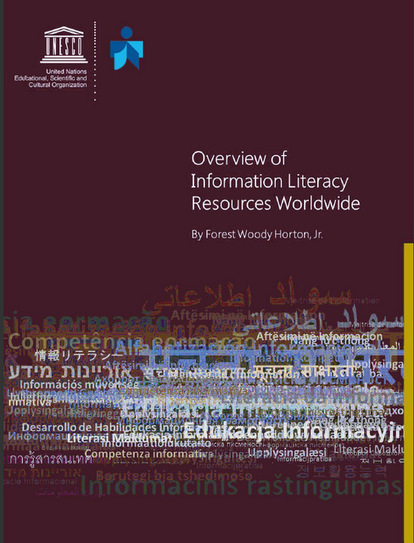Artificial Intelligence (AI) has become a ubiquitous part of everyday life and work. AI is enabling rapid innovation that is transforming the way work is done and how services are delivered. For example, generative AI tools such as ChatGPT are having a profound impact. Given the many potential and realised benefits for people, organisations and society, investment in AI continues to grow across all sectors, with organizations leveraging AI capabilities to improve predictions, optimise products and services, augment innovation, enhance productivity and efficiency, and lower costs, amongst other beneficial applications.
However, the use of AI also poses risks and challenges, raising concerns about whether AI systems (inclusive of data, algorithms and applications) are worthy of trust. These concerns have been fuelled by high profile cases of AI use that were biased, discriminatory, manipulative, unlawful, or violated human
rights. Realising the benefits AI offers and the return on investment in these technologies requires maintaining the public’s trust: people need to be confident.
AI is being developed and used in a responsible and trustworthy manner. Sustained acceptance and adoption of AI in society are founded on this trust. This research is the first to take a deep dive examination into the public’s trust and attitudes towards the use of AI, and expectations of the management and governance of AI across the globe.
Via Edumorfosis, juandoming, Oskar Almazan, LGA



 Your new post is loading...
Your new post is loading...

![[PDF] Trust in Artificial Intelligence: A global study | information analyst | Scoop.it](https://img.scoop.it/gfdXd92INAafM_016G6NMTl72eJkfbmt4t8yenImKBVvK0kTmF0xjctABnaLJIm9)








